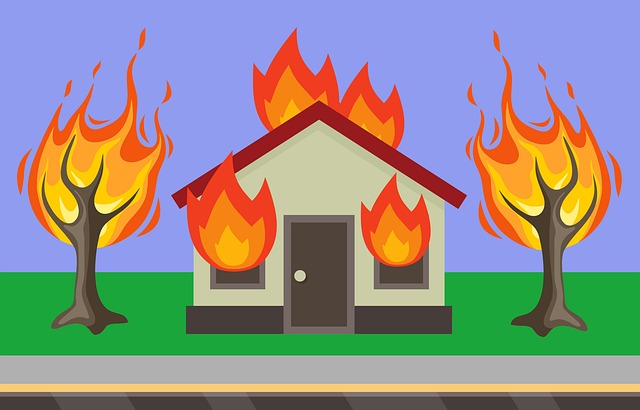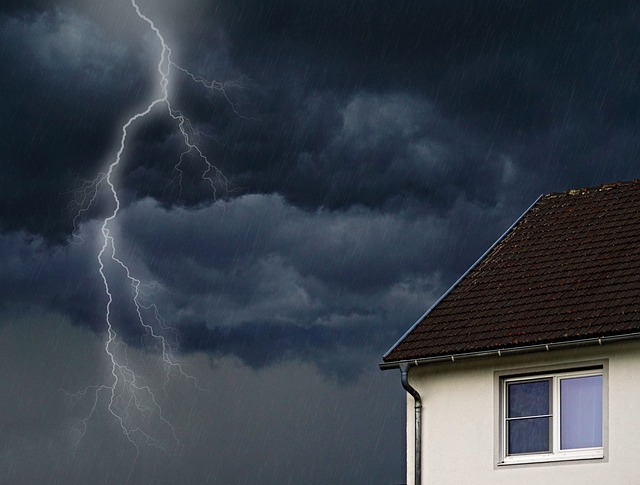Running a home-based business requires tailored insurance coverage to mitigate unique risks, including accidents, fires, and operational hazards. Key components include liability protection against injury and property damage claims, business personal property endorsements, and replacement cost/business interruption features for property insurance. Home-based businesses should review policies for exclusions, maintain records, comply with regulations, and implement safety measures to ensure adequate coverage under specialized Insurance Policies for Home-Based Businesses that safeguard assets and enable swift recovery from unforeseen events.
Running a business from home brings unique risks that traditional insurance policies might not adequately cover. This article guides you through the essential aspects of property and liability coverage tailored for home-based businesses. We explore the specific challenges, from protecting your workspace to shielding against legal claims. Learn about common exclusions and how to choose the right insurance policies for your home office, ensuring peace of mind in today’s competitive business landscape.
Understanding the Unique Risks of Home-Based Businesses

Running a home-based business presents unique risks that are often overlooked. Unlike traditional office settings, home offices lack the structured environment and safety measures typically found in commercial spaces. This increases the potential for accidents, injuries, or damage to property. For instance, a slip and fall incident on a slick kitchen floor or a fire sparked by faulty electrical wiring could have severe consequences. Home-based businesses also face risks specific to their operations; a catering business might deal with food safety issues while a graphic design studio may have hazardous chemicals stored on-site.
Understanding these risks is the first step in ensuring adequate insurance coverage. Insurance policies for home-based businesses are designed to protect against these unique perils. They offer liability coverage, which shields against claims of bodily injury or property damage incurred by customers or visitors. Additionally, they may include specific endorsements for business personal property, which covers the value of business equipment, inventory, and supplies if damaged or stolen. Such policies ensure that home-based businesses can continue operations and recover financially in case of unforeseen circumstances.
Property Insurance: Protecting Your Business Space

For home-based businesses, having the right property insurance is vital to safeguarding your workspace and valuable assets. These insurance policies cover the physical structures and personal property within your business space from potential risks like fires, theft, vandalism, or natural disasters. When selecting a plan, consider the specific needs of your operation; for instance, if you have a home office with specialized equipment, ensure that these items are included in the coverage.
Property insurance policies for home-based businesses often include provisions for replacement costs and business interruption. Replacement cost coverage ensures that your business can afford to rebuild or repair damaged property, while business interruption coverage compensates you for lost revenue during the recovery period. This dual protection is crucial for maintaining the financial stability of your venture.
Liability Coverage: Shielding Against Legal Claims

Liability coverage is a crucial aspect of insurance policies for home-based businesses, offering protection against potential legal claims and financial losses. As many entrepreneurs operate from their homes, they may be exposed to various risks that could lead to lawsuits or claims for damages. These include accidents involving customers, injuries on the premises, or even allegations of professional negligence. A comprehensive liability coverage policy can shield business owners from these risks, providing financial security and peace of mind.
Business insurance policies typically include general liability coverage, which covers a wide range of incidents. This may cover medical expenses for injured parties, legal fees incurred during defense against claims, and any damages awarded as compensation. By having such coverage, home-based business owners can ensure they are prepared to handle unexpected events that could disrupt their operations or result in significant financial strain.
Common Exclusions and How to Mitigate Them

Many insurance policies for home-based businesses have specific exclusions, which are situations or events that are not covered under the policy. Understanding these common exclusions is crucial for business owners to ensure adequate protection. Some typical exclusions include damage caused by earthquakes, floods, or war. For instance, standard home insurance policies usually do not cover business activities conducted on the premises.
To mitigate these exclusions and enhance their coverage, business owners can consider several strategies. First, review your policy carefully and clarify any ambiguities with your insurer. Second, purchase separate coverage for high-risk events like floods or earthquakes if your standard policy doesn’t include them. Third, keep detailed records of business assets and revenue to support claims in the event of loss or damage. Additionally, ensuring compliance with local regulations and implementing robust safety measures can help reduce the likelihood of losses that might fall outside covered risks.
Types of Insurance Policies Available for Home Offices

When setting up a home office, it’s crucial to protect your business and personal assets with appropriate insurance policies. For home-based businesses, specific coverage options cater to the unique risks involved. These include general liability insurance, which covers damages or injuries sustained on your property, and professional liability insurance for businesses offering services that involve potential risks or errors.
Business owners can also opt for comprehensive property insurance to safeguard their home office space and equipment from perils like fire, theft, or vandalism. Additionally, business interruption coverage is valuable, providing financial protection during unforeseen events that halt operations, ensuring your business can bounce back swiftly.
Navigating the Claims Process: What You Need to Know

Navigating the claims process as a home-based business owner can seem daunting, but understanding the steps involved is crucial. When an incident occurs that falls under your property or liability coverage, it’s essential to act promptly. The first step is to contact your insurance provider and report the claim. They will guide you through the process and provide any necessary forms. It’s important to gather all relevant information, including details about the incident, any damages, and witness statements.
After filing your claim, the insurer will assess it and determine eligibility based on the policy terms. This may involve an inspection of the property or additional documentation. Once approved, the settlement process begins. Your insurance company will communicate the options available to you, whether that’s a direct payment for repairs or compensation for losses. Keep open lines of communication with your provider throughout this journey to ensure a smooth and efficient claims resolution.
